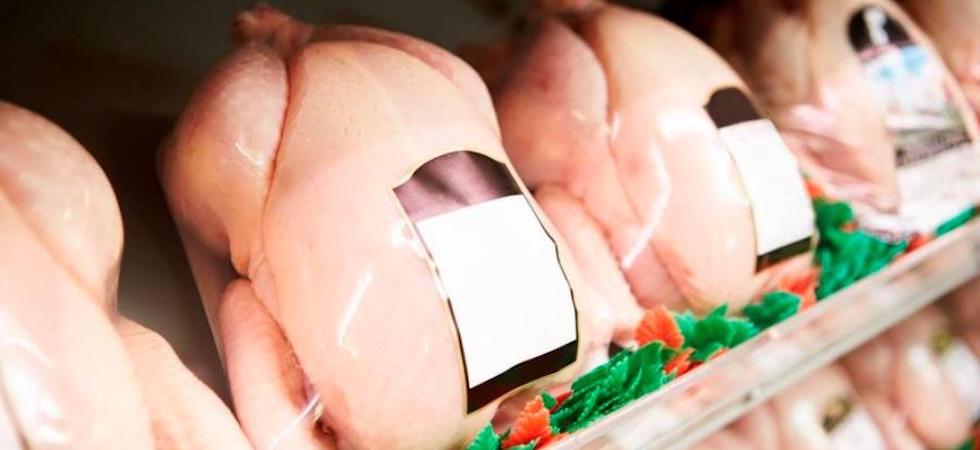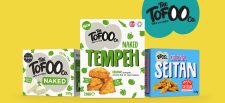UK consumers’ eating habits have become increasingly guided by ethics and sustainability over the last year, a survey has found.
The poll by Proagrica revealed that 48% of shoppers have been paying greater attention to the provenance of their food, through indicators such as kitemarks, since the pandemic began. Surveying more than 1,000 adults, the researchers found that 71% of respondents had been reducing their food miles by purchasing local produce.
More than half (57%) had chosen to reduce their meat and dairy consumption, while 46% preferred meat or fish to have been ethically farmed, choosing products such as free-range poultry and MSC-certified fish.
Over a third said they had increased their intake of organic food, with the same number selecting more alternative protein products.
Graeme McCracken, managing director at Proagrica, said: “Many were making considered food choices to minimise their carbon footprints before the pandemic. However, our research shows Covid-19 has pushed more people to think about the types of food they are eating and how this is produced. This is informed by two underlying concerns – environmental impact and health.
“With more shoppers actively looking for certification kitemarks when shopping, the pressure is growing across the food supply chain to prove ethical standards are being upheld. The industry must work collaboratively to build a food system that is entirely traceable. This is a chance for the food sector to prove it puts sustainability at the heart of all it does. While it would not make sense to do anything otherwise, we need to be able to demonstrate this to consumers.”









